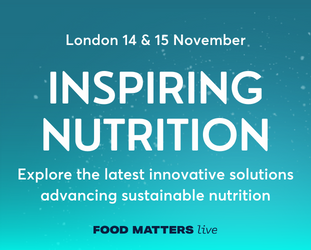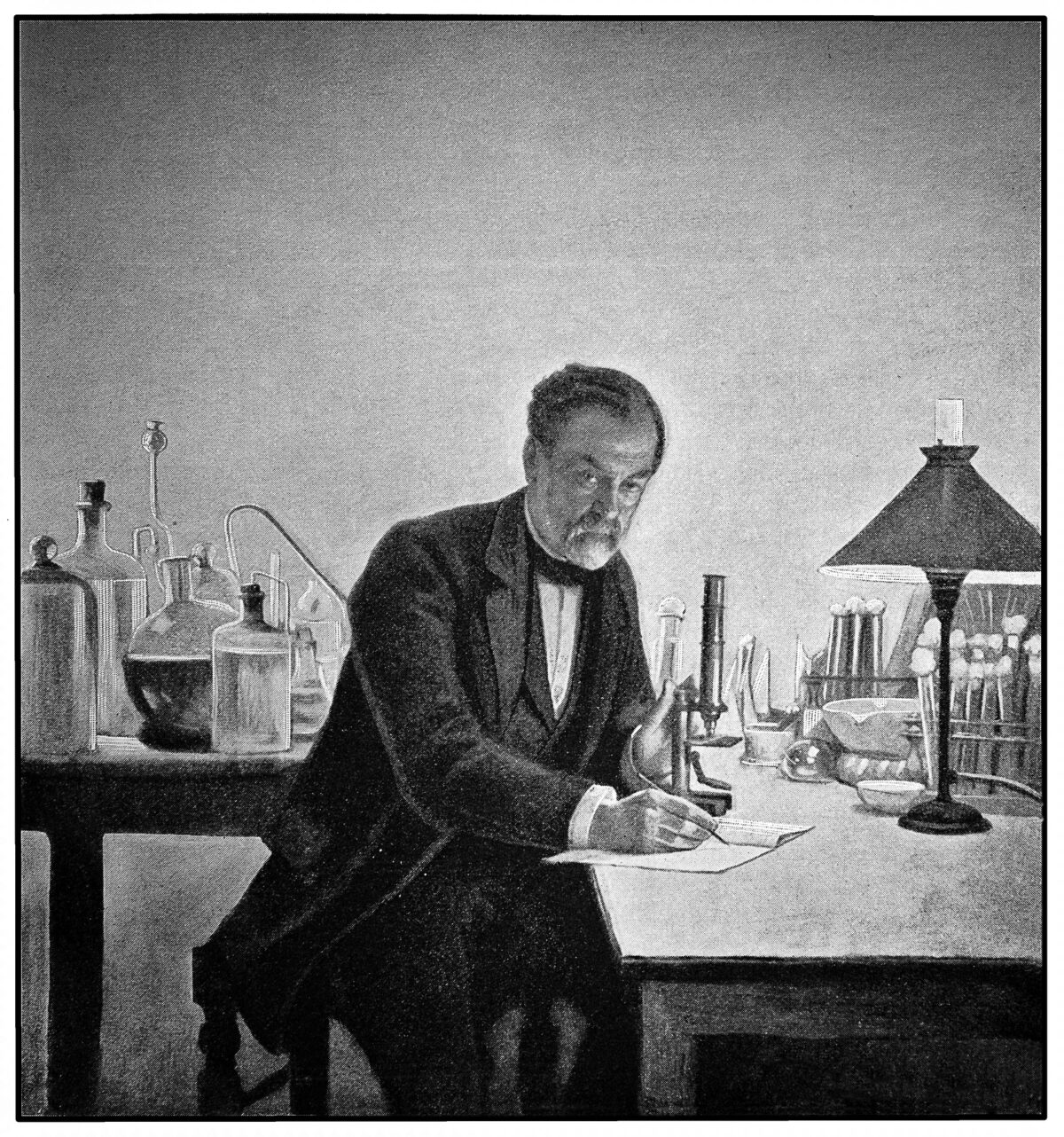Action on Sugar calls for the removal of misleading sugar claims from sweet snacks for babies and toddlers

Action on Sugar, the campaign group based at Queen Mary University of London, has called for misleading sugar claims to be taken off packaging of foods aimed at babies and toddlers after their new product survey exposed the dangerous amount of sugar in sweet snacks such as biscuits, rusks, puffs and oat bars.
Their survey examined the sugar content of 73 sweet snacks for babies and toddlers available in most stores in the UK.
It focused particularly on products with ‘no added sugar/refined sugar’ labels, where fruit concentrates packed with fructose are often used to replace sweeteners. Like sucrose and glucose, fructose is still a type of sugar that should be limited in everyday diets.
A quarter of the products analysed in the survey mention on their packaging that their snacks are appropriate for babies under 12 months to consume. However Action On Sugar found high levels of sugar in too many of the baby and toddler snacks.
Heinz Farley’s Mini Rusks Original reportedly had the highest level of sugar at 8.7g per serving, which is the same amount as two teaspoons of sugar. The product includes claims on the label which state the product has added vitamins and minerals but does not state any information regarding the added sugar content.
Organix Banana Soft Oaty Bars also had a high level of added sugars – 8.1g per serving, which comes from the added apple juice concentrate.
Five Kiddylicious snacks also had high sugar levels per 100g according to the survey. Over half the Kiddylicious Banana Crispy Tiddlers were found to be made up of sugars, while nearly a third of sugars make up the Kiddylicious Pineapple, Coconut and Mango Juicy Fruit Bars.
If the products from this survey had a traffic light-style labelling on the front of the pack, a third of them would be given a red level for sugar amount per 100g, according to Action on Sugar. Only 8% of the foods in the survey would receive a green label for their sugar content.
A public poll of 1,000 parents with children aged between 1-3 years old carried out by Action on Sugar revealed that 84% buy sweet snacks for their babies and toddlers with a ‘healthy’ label, while ‘60% said a ‘no added sugar’ label on such products would encourage them to buy it. Over 90% of parents also said they would usually lean towards buying goods that advertised ‘natural sources’ of sugars on their packaging.
Campaign Lead at Action on Sugar and Research Fellow at Queen Mary University of London, Dr Kawther Hashem said: “It’s ludicrous that certain food companies are being allowed to promote their high sugar sweet snacks to parents with very young children, despite them being aware that babies and toddlers shouldn’t be having any free sugars.
“Babies can have a preference for sweet foods, due to milk being ever so slightly sweet, but liking sugary foods is something they only learn by eating sugary foods. Some companies choose to encourage this preference further by providing lots of very sweet products from an early age. What we need is companies to make products with minimal amount of sugars, so young children can grow up enjoying less sweet foods.”
The campaign group is urging the Government to publish its composition guidelines for baby and toddler foods and to give manufacturers a limit on how much sugar can be added to these products.
A report from the NHS in 2018 showed that one in three children are overweight or obese by the time they leave primary school. 9.7% of children in reception (4-5 years old) were considered obese in 2018, with that figure being more than double (20.2%) in children in year 6, aged 10-11.









